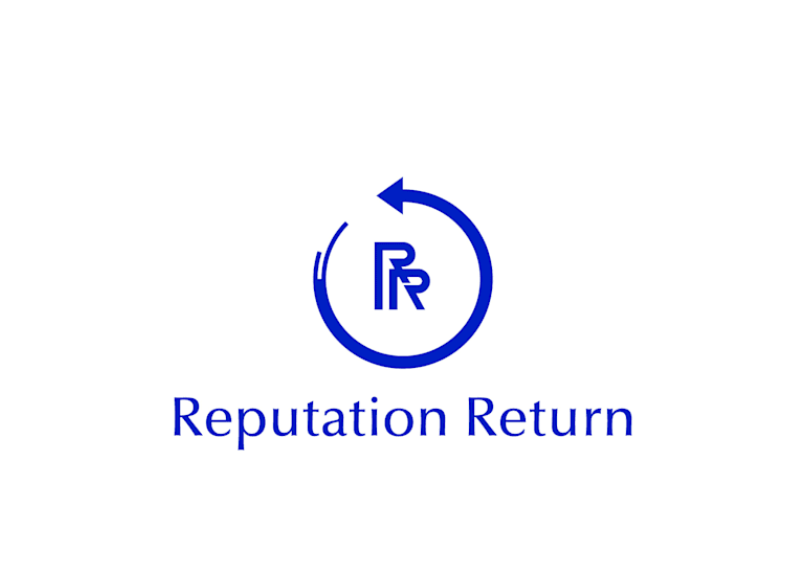Reputation is a delicate construct; once tarnished, it can feel insurmountable to reclaim. The shadows of past actions, whether through missteps or external attacks, can linger in the minds of colleagues, friends, and clients. However, recovery is not only possible but achievable with the right strategies in place. In this article, we will explore actionable steps on how to recover from a damaged reputation, focusing on rebuilding trust, implementing effective strategies, and fostering resilience.
Understanding the Impact of a Damaged Reputation
A damaged reputation can have far-reaching consequences, affecting both personal and professional facets of life. The initial shock of negative perceptions may lead to anxiety, depression, and a diminished sense of self-worth. In professional settings, the implications can be particularly severe, resulting in lost job opportunities, strained relationships, and decreased credibility. Thus, recognizing the gravity of a damaged reputation is the first step toward recovery.
Accepting Responsibility
One of the critical components of regaining trust is acknowledging any wrongdoing. Admitting to mistakes is not a sign of weakness; rather, it is a step towards accountability that can pave the way for rehabilitation. Transparency in this process can replace doubt with genuine remorse, illustrating to others your commitment to rectifying the situation. By taking responsibility, you lay the groundwork for rebuilding relationships based on honesty and integrity.
Communication is Key
Once you’ve accepted responsibility, the next step involves open communication. Reach out to those affected by your actions—this may include colleagues, friends, or clients. Engage in sincere conversations where you express your regret and share what you have learned from the experience. Listening to their concerns and working through grievances demonstrates respect and helps foster healing.
Crafting a Clear Action Plan
An effective strategy on how to recover from a damaged reputation includes creating a comprehensive action plan. This plan should outline the steps you intend to take to improve your behaviour and restore your reputation. Consider setting specific, measurable goals that encompass changes in your professional conduct, personal life, and public interactions. Ensure that your action plan includes timelines for evaluating progress, as tracking achievements reinforces your commitment to positive change.
Building a Positive Presence Online
In today’s digital age, an online presence plays a pivotal role in shaping one’s reputation. Start by curating your social media profiles and online biographies to reflect your professional achievements and positive character traits. Engage in discussions related to your field and share industry-related content that showcases your expertise. By controlling the narrative online, you can actively counter any negative information, promoting a more balanced view of who you are.
Seek Support from Evidence-Based Resources
Recovery can be a challenging journey, and sometimes seeking professional help is necessary. Consider consulting with a reputation management professional or a therapist who specializes in image restoration. These experts can provide tailored advice and strategies that align with your specific circumstances. Furthermore, they can assist you in navigating transitions and help maintain your emotional well-being throughout the process.
Networking Through Goodwill
As you work on rebuilding your reputation, engaging in community service and goodwill efforts can significantly contribute to regaining trust. By participating in charitable activities or offering your skills to local organizations, you illustrate your desire to contribute positively to society. This altruism not only aids in mending perceptions but also connects you with individuals who appreciate your efforts and character, reinforcing your reputation through community ties.
Be Patient and Persistent
Rebuilding trust is not an overnight endeavor; it requires patience and persistent dedication. Understand that there may be setbacks, as others may never fully forget the past. However, your continued commitment to improvement will gradually shift perceptions. Celebrate the small victories along the way, and remember that every positive interaction adds to your credibility and helps weave a new, stronger narrative.
Conclusion
Recovering from a damaged reputation is undoubtedly a multifaceted process that requires earnest effort, self-reflection, and proactive strategies. By owning your mistakes, communicating effectively, establishing a clear action plan, and positively engaging with your community, you will be well on your way to restoring your reputation. Remember, the journey of rebuilding trust is as important as the destination, and each step you take contributes to your growth as an individual. With time, the seeds of recovery will flourish, leading to a renewed sense of respect and credibility both personally and professionally.
